|
i admit it, I didn't like "Native Son" the movie so much that, I couldn't force myself to read it.
But his "Haiku" made up for it. In one literary knockout punch, this book restores our African origins to their rightful place.
and the author did this in 1918, before Google. Something about our victories ...
tastes like the sweetness of the sunrise. In "The Irritated Genie" by Dr. Jacob Carruthers, every hue of liberty shines brilliantly from each page. Expect to enjoy an intellectually scrumptious and savory feast. I am drawn to books like these. After getting an overdose of deception and deceit from history classes, it is like a breath of fresh air to read a comprehensive book that shares the glory and grit of gaining independence in Haiti. I'm proud of the backstory on how we came to carry this book on the real life Queen Charlotte the series is based on.
When I first read it, I thought it was a ridiculous conspiracy theory...
and then everything she said started proving itself before my very eyes. it just feels different...
As Christine Taylor Butler expressed on our "Black Biz Banter" podcast yesterday, there is a heightened level of excitement this time around. Christine Taylor-Butler is the author of over 90 books on STEM, ecology, animals, mystery and many more. The ones we discussed on April 4, 2024 are called, "Solar Energy" and "Experiment with Solar Energy." It felt like home when I first arrived.
Ethiopia...It all started when the airport officials pointed at me and motioned to come forward to their booth. I didn't know what was happening as they were speaking what I now know was Amharic. Since I travelled alone, I didn't know what I was about to encounter. |
AUDIOBOOKSMERCHGIFTSjoin email listACADEMIC BOOKSblog Author/
|
- Store
- Blog
- AUDIO BOOKS
- EBOOKS
- SEARCH
- Welcome
- GoFundMe
- TUCC
- Events
- READING GUIDE
- AUTHOR INFORMATION
- ARTIST BIO/PRICE
- NNEDI OKORAFOR BOOKS
- PODCAST
- LARUE'S HAND IN CLAY
- About Us
- FREQUENTLY ASKED QUESTIONS
- BOOK FAIR /SCHOOLS / CLUBS
- Photo Gallery
- EJP BOOK DRIVE
- Videos
- Newsletter/Articles
- Archives
- External Links
- Afriware Statement on COVID-19
- GREATER LAKES
- Afriware Merchandise
- AFFILIATE INFO
- SEBRON GRANT ART DESIGNS
- Mother's Day Bundles
- CARTOON
- ROBOTS
- STEM
AFRIWARE BOOKS CO. A COMMUNITY BOOKSTORE SERVING:
|
|
Melrose Park, IL
|
|
,AFRIWARE BOOKS, CO,
1033 SOUTH BOULEVARD, OAK PARK, IL 60302 708-223-8081 ONLINE SUPPORT: Thurs-Fri. 4-6pm Sat. 12-2pm, IN PERSON EVENTS: afriwarebooks.com/events |
Want to try a great website builder, try Weebly at: https://www.weebly.com/r/9SAD4V



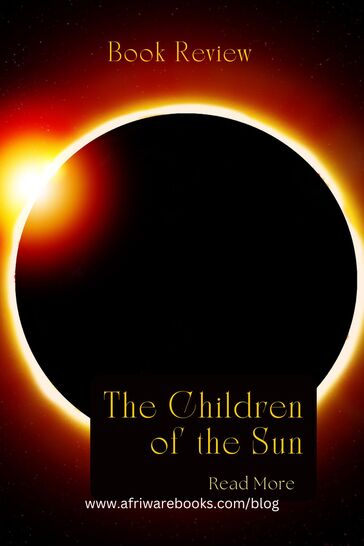
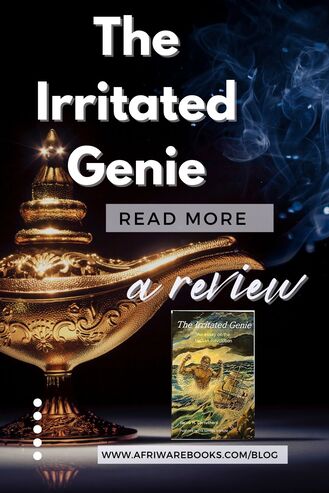

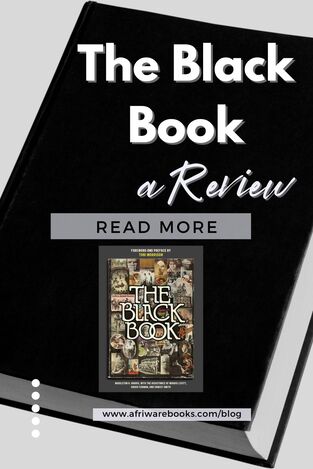
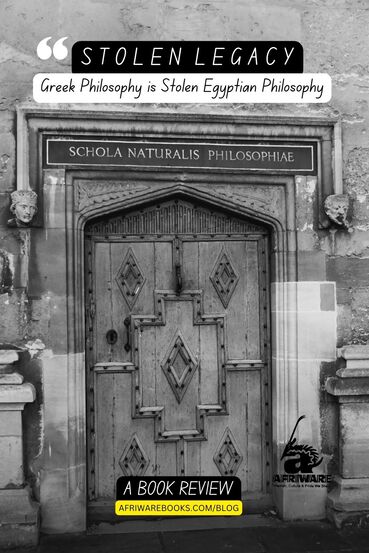
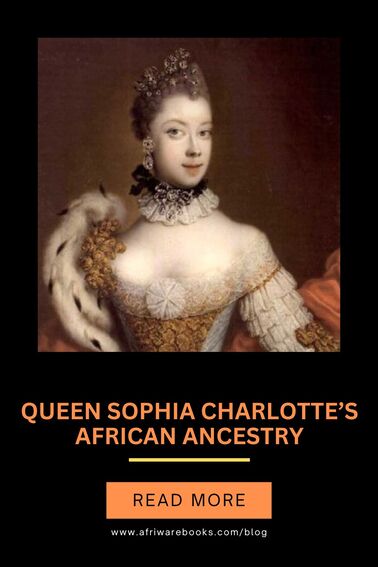


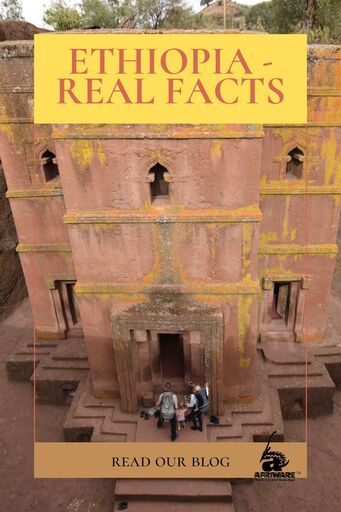







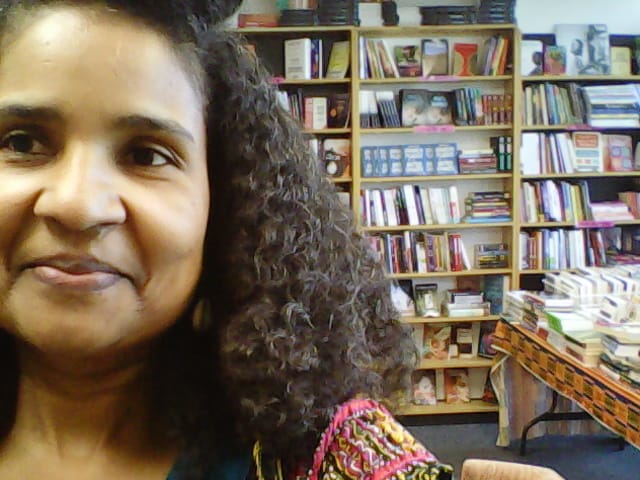
 RSS Feed
RSS Feed


